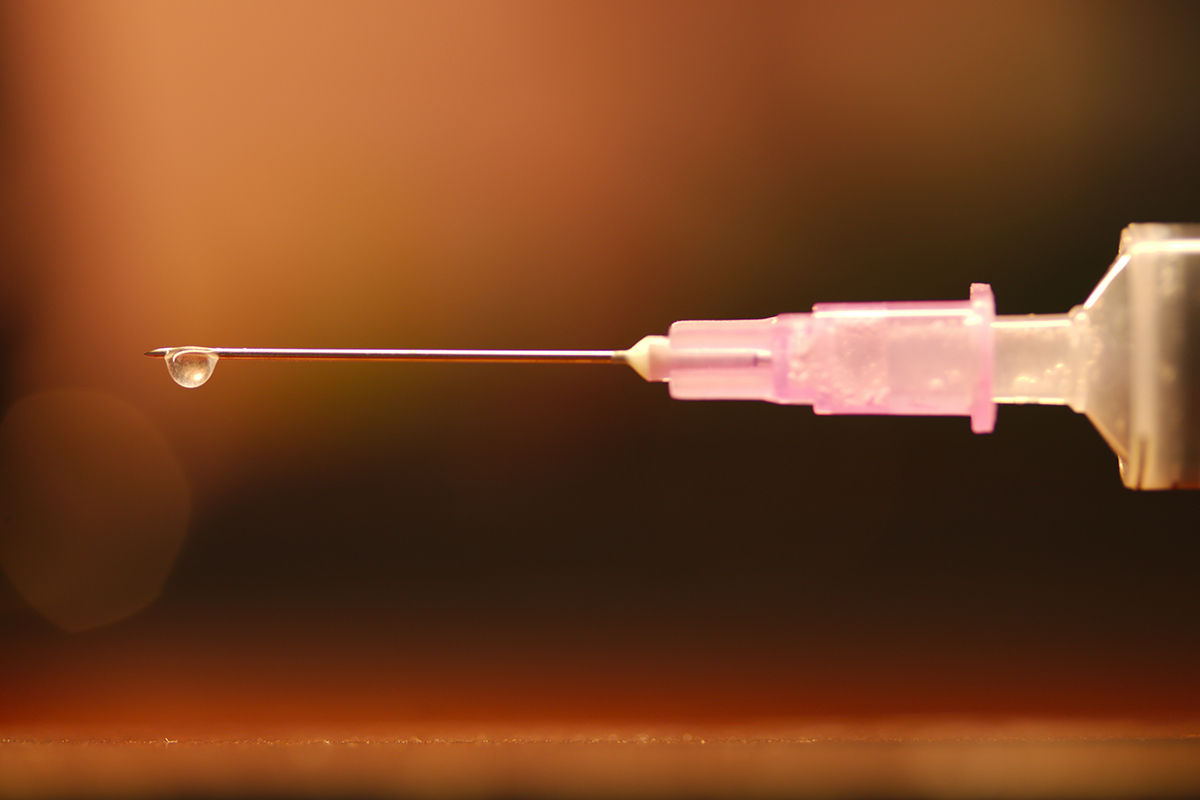Owning and maintaining a barn comes with various responsibilities, one of which is the proper disposal of needles and sharps used in veterinary care. Colorado, like many other states, has specific regulations and guidelines to ensure the safe and environmentally responsible disposal of these potentially hazardous materials. In this article, we’ll explore the importance of proper disposal and provide a comprehensive guide on how to safely manage needles and sharps in your Colorado barn.
Why Proper Disposal Matters:
- Safety Concerns: Needles and sharps pose a significant risk of injury and infection if not handled and disposed of properly. Barn owners, workers, and animals can all be exposed to potential harm if these items are not managed carefully, not to mention our waste disposal workers.
- Environmental Impact: Improper disposal of needles and sharps can lead to environmental contamination. The substances used in veterinary care may be harmful to local ecosystems, and allowing these materials to enter water sources or soil can have long-lasting effects on wildlife and vegetation.
- Legal Compliance: Colorado has strict regulations regarding the disposal of medical waste, including needles and sharps. Failure to comply with these regulations may result in fines and penalties. Barn owners need to be aware of and adhere to these rules.
Guidelines for Proper Disposal:
- Use Approved Containers: Invest in puncture-resistant containers specifically designed for the disposal of needles and sharps. These containers should be labeled clearly and meet the standards set by the Colorado Department of Public Health and Environment (CDPHE).
- Sharps are not recyclable and not only can they pose an infection risk to workers at the recycling facility, they can render the whole batch of recyclables unusable.
- Used needles and other sharps should never be placed loosely in your trash or flushed down the toilet.
- Purchase a commercially available sharps container from a pharmacy or other source, or use a strong plastic or metal container with a screw-on or tightly secured lid to prevent accidental contact with the waste.
- Containers like empty bleach bottles, liquid detergent bottles and heavy plastic jugs are strong enough to prevent the sharps from poking through the container and have lids that can be securely fastened.
- A coffee can may also be used as long as the lid is sealed with strong tape once the container is full.
- Plastic milk containers are a poor choice because they’re generally made of thin plastic that can be easily punctured by a needle or lancet.
- Glass should never be used as a sharps container because the glass can break and make the hazard worse.
- Label the container as “Used Sharps” if your household is not using a commercially-available container.
- Seal and Store Securely: Once a container is filled to the recommended level, seal it tightly to prevent any spills or accidents. Store the sealed containers in a secure location away from animals, children, and unauthorized personnel.
- Dispose of Easily on Trash Day: Place the sealed sharps container in your trash on the day it gets picked up or taken to the landfill.
- Locate a Certified Collection Facility: Identify a certified medical waste disposal facility in your area. These facilities are equipped to handle the proper disposal of needles and sharps, ensuring compliance with state regulations. Contact them to inquire about drop-off procedures and any associated fees.
- Mail-Back Programs: Some companies offer mail-back programs, allowing you to mail filled containers to a disposal facility. Ensure that the program complies with Colorado regulations and that you follow the specific instructions provided by the service.
- Educate Barn Personnel: Train all barn personnel on the importance of proper needle and sharp disposal. Emphasize the potential risks and the steps they should take to ensure safety and compliance.
- Emergency Response Plan: Develop an emergency response plan in case of accidental needlestick injuries. Have a first aid kit readily available, and establish communication procedures for seeking medical attention promptly.
For full details on all types of medical waste disposal, you can go to this link: https://cdphe.colorado.gov/hm/prep-med-waste-disposal







Leave a Reply
You must be logged in to post a comment.